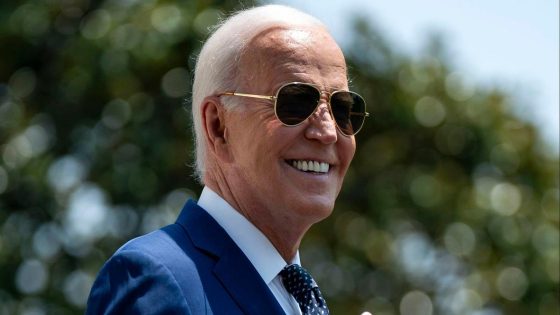However, Macquarie is poised to leapfrog Ardian and become the linchpin in the discussions. City sources said the investment bank, which is based in Sydney and manages nearly half a trillion pounds worth of assets around the world, is considering a range of options including mounting a competing bid for the entire 60 per cent stake that is on the block.
Loading
Alternatively, it could decide to join forces with Ardian and Saudi Arabia’s state-backed Public Investment Fund, allowing the pair to go ahead with purchasing 25 per cent. Macquarie would then buy the remaining 35 per cent that is up for grabs. The talks are in danger of collapsing unless all the shareholders are able to sell out.
Macquarie’s interest may be part of ongoing attempts to move on from its controversial ownership of another strategically important piece of UK infrastructure. Critics lay much of the blame for the current predicament of Thames Water at the door of Macquarie, which owned the company for more than a decade from 2006 to 2017.
Britain’s biggest water supplier is facing the prospect of a government-engineered rescue as it buckles under the weight of nearly £19 billion ($36.7 billion) of borrowings, roughly three-quarters of which is a hangover from Macquarie’s time in charge.
Heathrow has been dogged by similar concerns about its finances. Since Ferrovial’s initial investment in 2006, the airport’s borrowings have ballooned to nearly £17 billion ($32.8 billion), forcing it to fork out £1.5 billion ($2.9 billion) in interest payments alone last year.
A shake-up of Heathrow’s shareholder base comes as the Government attempts to secure new powers to influence the independent allocation of slots at Britain’s airports. The shift was revealed in a recent consultation document from the Department for Transport, which said it was proposing to create new powers allowing the Secretary of State to intervene and overrule them.
It is understood that proposed changes to slot allocation rules have inflamed tensions with airlines. An industry source said the changes would “risk adding extra cost and complexity” to their operations.
Chris Bosworth, an aviation consultant, said the changes could mean slots were handed out in response to diplomatic pressure from governments around the world seeking an advantage for their flag carriers in exchange for trade deals or other favours.
The Telegraph
Source Agencies

